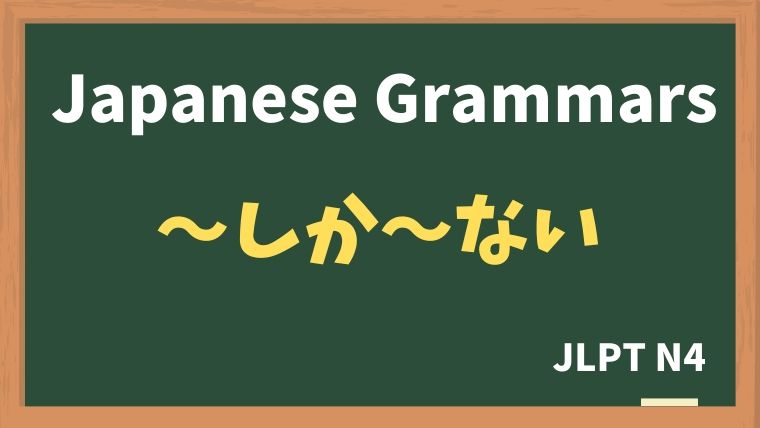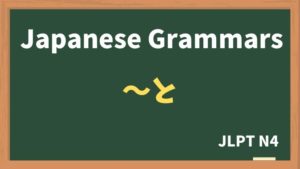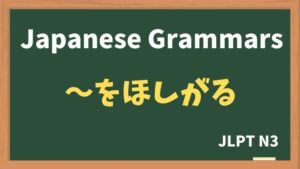
Explanation:〜しか〜ない
fa-check-circleMeaning
"only"
Used to emphasize limitation or insufficiency, similar to saying "only" in English. It implies that there is less or fewer than what one would prefer or expect.
fa-check-circlePoints
- Expressing Limitation: しか〜ない emphasizes that there is a limited amount, often less than desired.
- Negative Form Required: The verb following しか must be in the negative form to convey the sense of limitation.
- Sense of Inadequacy: It often suggests that the speaker feels the amount or quantity is insufficient.
fa-check-circleJLPT Level
N4
fa-check-circleNote
This is always used with a negative form.
Sample sentenes
昨日は 3時間しか 寝られませんでした。
I could only sleep for as few as 3 hours last night.
今 財布の 中には 300円しかありません。
The money left in my wallet is as few as 300 yen only.
トムさんは 1年 日本語を 勉強したのに ひらがなしか 書けません。
Tom studied Japanese for a year but he can write Hiragana only.
最近の 子供は 漫画しか 本を 読みません。
Children nowadays read comic books only.
この 学校には コンピューターが 2台しか ありません。
There are only two computers in this school.
Vocabulary
| Japanese | English |
| さいふ | wallet |
| さいきん | recent |






